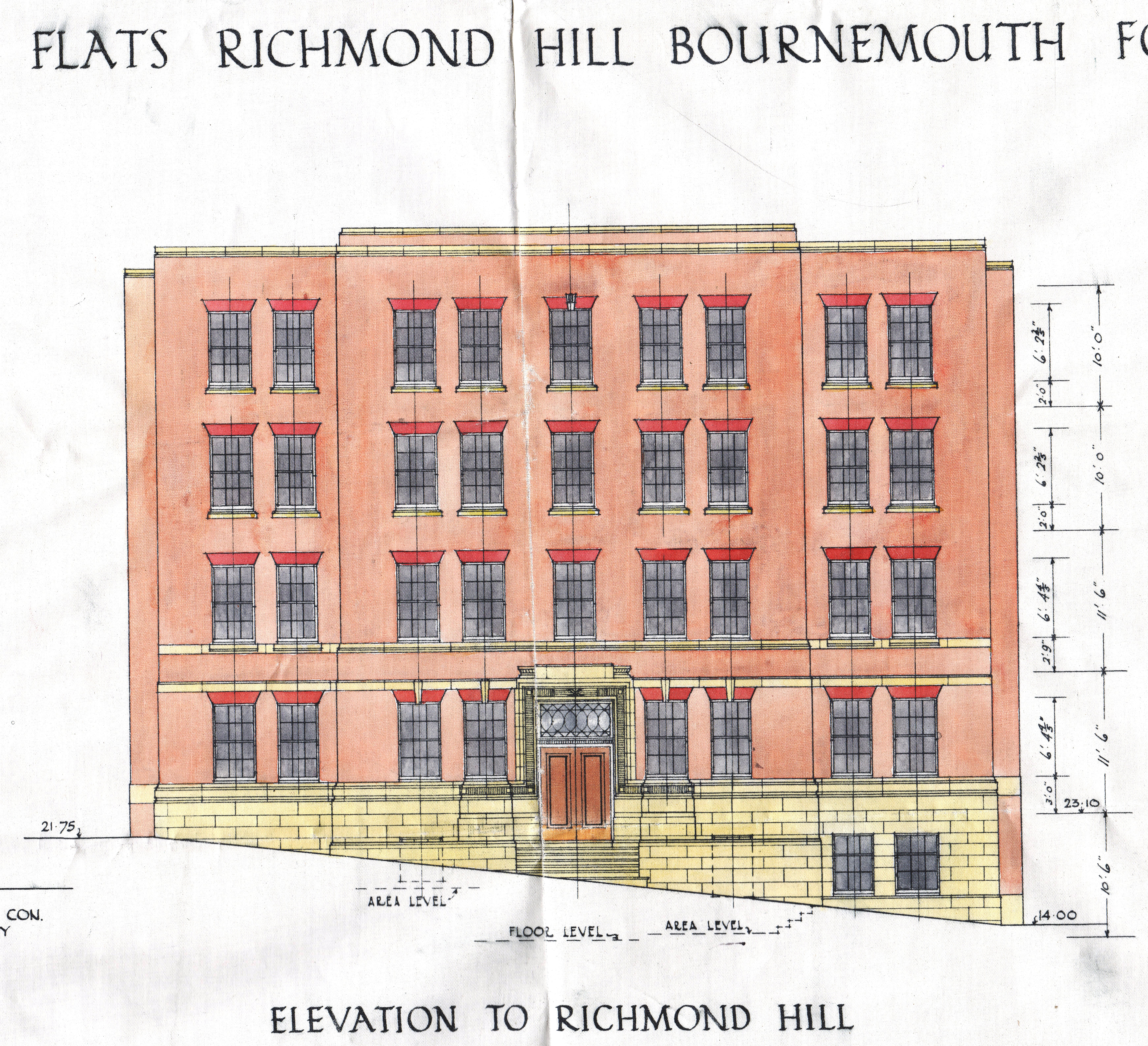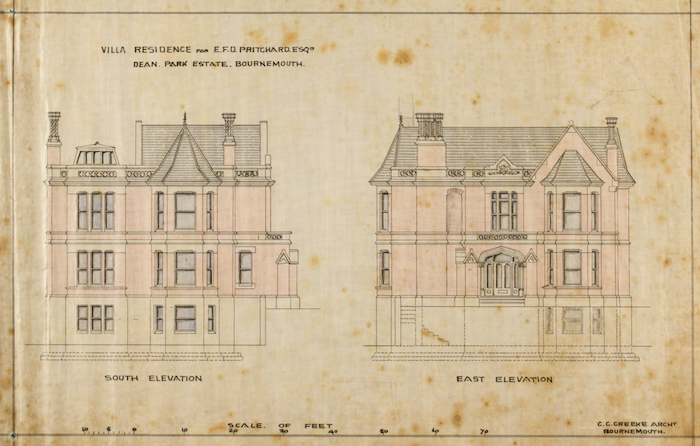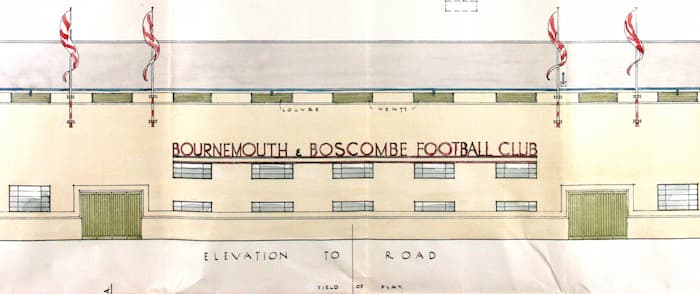The Dean family were originally yeoman farmers in Holdenhurst and their name can be traced in the parish registers back to the 17th Century. Over the years the family, through purchase, marriage and inheritance, came to acquire extensive lands in Throop, Muccleshell, Iford and the un-enclosed heath lands of Holdenhurst.
Following the 1805 Christchurch Enclosure Act the heath lands of Holdenhurst could, for the first time, be fenced off and enclosed by their owners. It was on this land that the town of Bournemouth grew transforming the relatively poor quality agricultural land into building land from which a healthy profit could be made. From the 1860s onwards William Clapcott Dean, the grandson of the William Dean who built Littledown House, began, after paying of the mortgages taken out by his father William Clapcott, to divide up the family's 'Bournemouth' lands into freehold or leasehold building plots which then he sold.
'Restrictive Covenants' were placed on the plots which required the leaseholders or owners to seek permission from the estate office for any building works which were carried out. William's successor, James Edward Cooper Dean, carried on this practice of placing restrictive covenants on lands sold by the estate. In this way the family had a strong influence over how Bournemouth grew and developed.
In 1898 James Edward Cooper Dean bought the Iford Estate, which bordered the family home at Littledown, bringing more land into the family's control. James was actually born James Edward Cooper but was required to adopt the name 'Dean' as a condition of inheriting the estate from his second cousin William Clapcott Dean. William had himself adopted the surname Dean after inheriting the estate. This new land, laying between Bournemouth and Christchurch, would be developed, in the 1920s and 1930s, by James' son Joseph, and would form the eastern suburbs of the rapidly developing town.
After the Second World War the estate passed to Joseph's two sisters and two daughters, all of whom remained un-married and childless. With the death of Alice Ellen Cooper Dean in 1984 the estate passed out of the family and into the control of the Alice Ellen Cooper Dean Foundation. The foundation had been established by Ellen for 'the relief of poverty, distress and sickness, the advancement of education and religion and other charitable purposes of benefit to the community'.
The records that make up the Cooper Dean archive relate in the main to the business side of the Estate and in particular to the development and management of the various housing estates. The archive is particularly strong in building records (the Restrictive Covenants required that a copy of building plans be submitted to the Estate for approval). Very little material relating directly to the family has survived in the collection. It is also worth noting the run of title deeds which chart the complicated history how the family came to acquire their Bournemouth lands.
The Cooper Dean Estate archive was catalogued thanks to grants generously given by the Alice Ellen Cooper Dean Charitable Foundation and J.P. Morgan. The cataloguing project was completed in March 2013.



